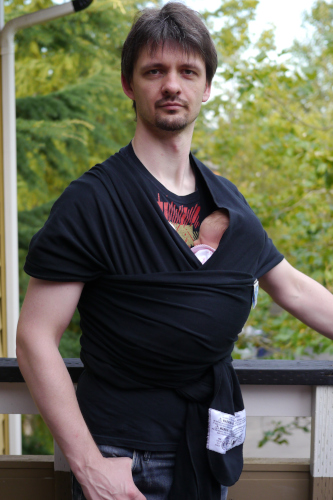I'm a fan of a hypothesis about "mental capacity" being a finite quantity that you spend while actively using your brain and recover during rest. It may sound obvious, but history is full of many seemingly "obvious" truisms that were ultimately disproved by science (like geocentric planetary model or cold weather being the reason for common cold).
I don't know of any actual research into this hypothesis, but my life experience keeps providing me with confirmations.
Everdell
Everdell is a beautiful board game where you juggle competing strategies in your brain, constantly trying to calculate ahead and see which one is the most probable to win. It's pretty engaging! Trouble is, when we started playing it at home I was losing to my wife all the time. Like, I lost our first 20 or so games, and not by a narrow margin. This was surprising because our general board game winning rate is normally pretty even: sometimes she wins, sometimes I do.
The effect was there even when we played on weekends, when my head didn't physically hurt after an exhausting day at work. Still, I was losing…
Now, imagine my (and her) surprise when I won three of our last games in a row! I haven't found some magical winning strategy, and she didn't suddenly got much worse, judging by the winning points at the end of the game. But I did notice that it's now easier for me to hold several strategies in my head and calculate further into potential future moves.
The only explanation I could come up with is that now I haven't been working full time for a while, I have more mental capacity at my disposal.
Child

Keeping an eye on a child is not very complicated in itself. Especially when they don't speak yet. But it does require continuous focus and keeps you in a state of tension, because it is your child and not some computer stuff belonging to your employer!
What I discovered during my kid's early months was, keeping this continuous focus was also exhausting my mental capacity. At that time I was also trying to help friends with a startup, and even though not much was required of me, I remember simply not being able to focus on anything creative even after having a few hours of child-free time. ("Hours", ha-ha!)
Later I got another confirmation of that when schools were closed during the 2020 pandemic. Even though technically I didn't spend much time directly engaged in schooling activities, just the fact that our entire living turned into a never-ending problem solving exercise was enough to drop my productivity so low that I almost got fired (although working under a shitty manager at the time could have something to do with that too).
Temporary recovery
But here's a somewhat contradicting example. I noticed myself, and heard anecdotally from others, that achieving something satisfying, like finding and fixing a tricky bug, or seeing a rough implementation of an idea becoming alive, seems to reinvigorate you and keep you running through the day. A day when you work hard and accomplish something often feels easier on the brain than the one when you don't seem to be able to work at all.
It doesn't quite fit the simple "capacity" model, and I don't know what to think about it, but I'm glad when it happens :-)
